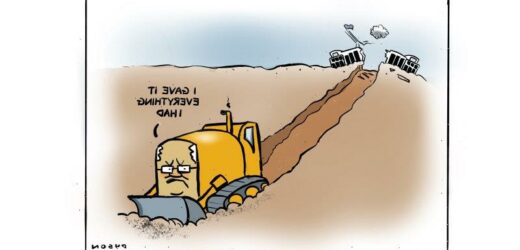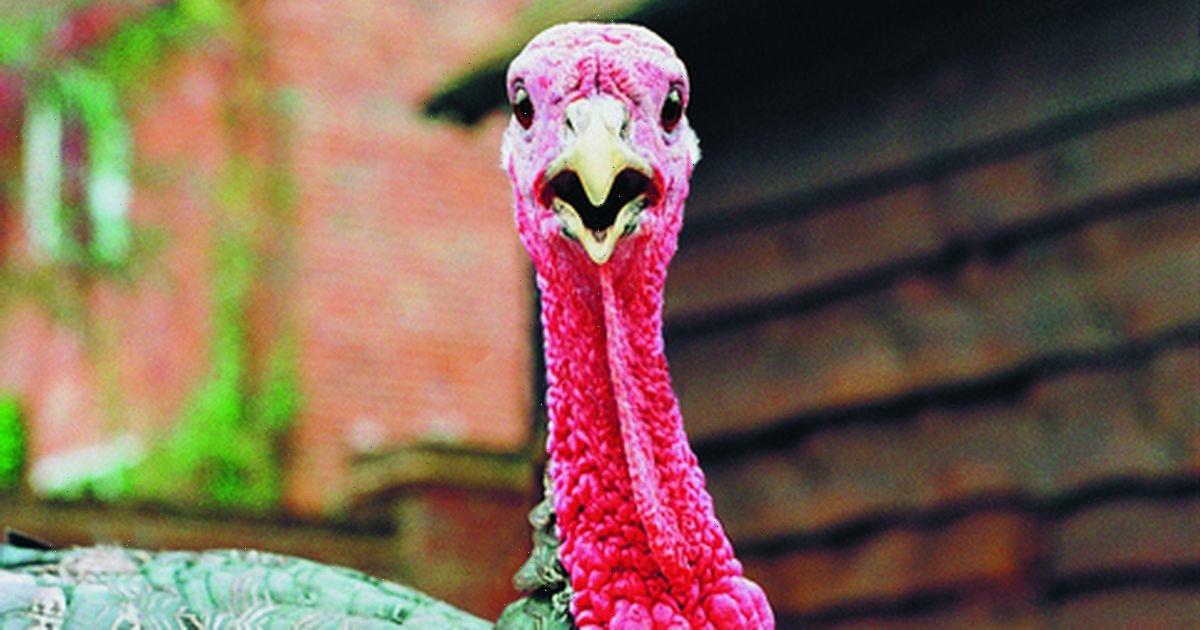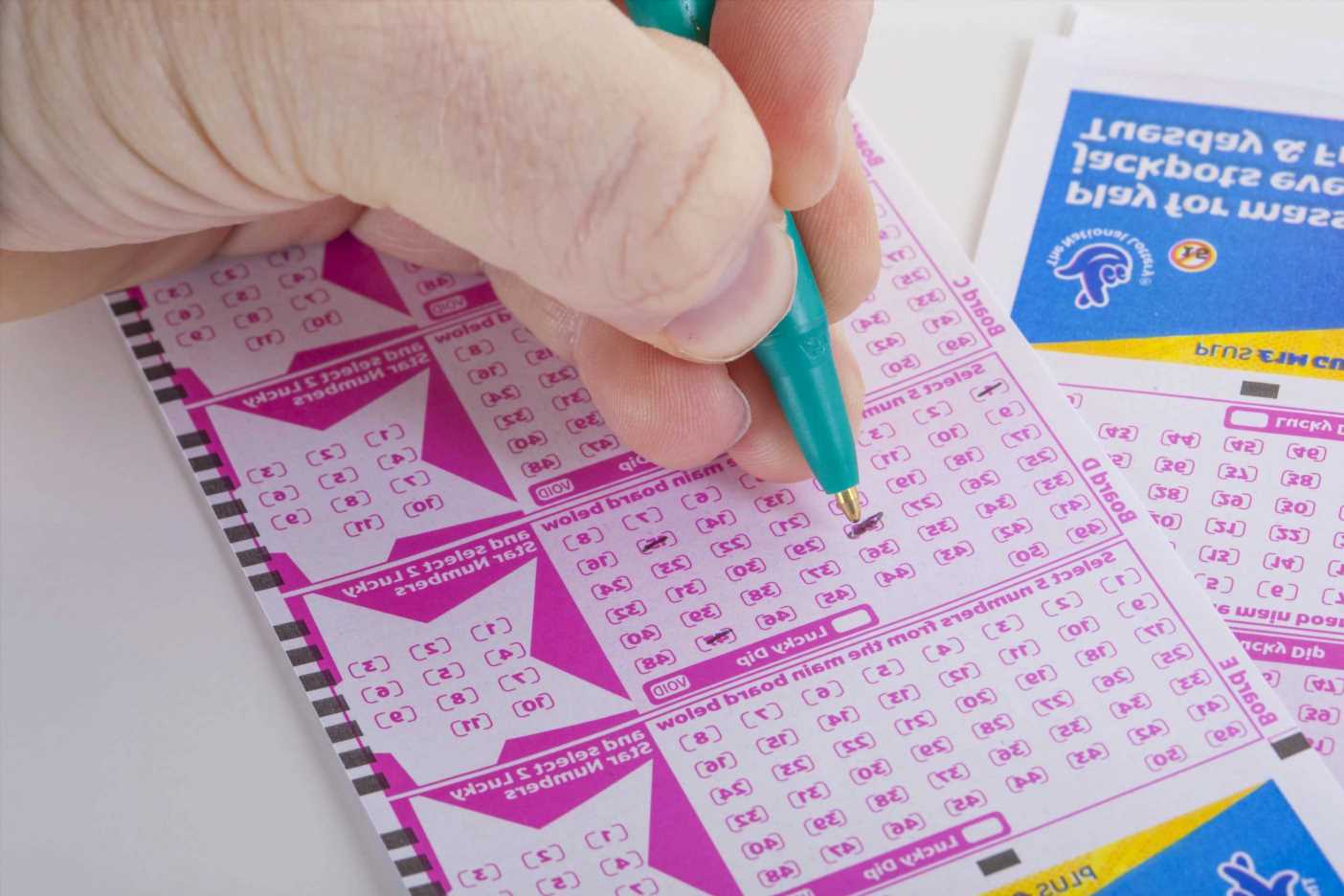Credit:Illustration: Andrew Dyson
To submit a letter to The Age, email [email protected]. Please include your home address and telephone number. No attachments, please include your letter in the body of the email.
Parking conversion
The proposal by RMIT researchers to replace up to half the number of car spaces in the Melbourne CBD with greenery is an excellent idea (“Push for a tree change to CBD parking”, The Age, 30/11). While still allowing disabled and delivery access, this would be a way of improving both the aesthetic of the city and providing health benefits associated with green spaces and reduced heat mass.
Even better would be the creation of several blocks of the city as pedestrian-only spaces, as also recently suggested.
Within the natural boundaries of Spring, Spencer, Flinders and La Trobe streets, a healthy and inviting presence would be established that has the potential to attract more people into the city and truly make Melbourne a liveable city.
Denise Stevens, Healesville
Not accessible for all
Yes, the greening of the CBD would be lovely but I won’t be seeing it. To get into the city with my walker I use my car and, contrary to what some think, it’s very difficult to find a parking spot.
I can take my walker on the tram but I have to wait for the driver to lift it on and off and crowded trams are difficult for me.
So enjoy the new greenery but spare a thought for all those with mobility issues who won’t be able to as they won’t have anywhere to park their cars.
Megan Peniston-Bird, Kew
Greenery lost
In the CBD there’s a proposal to turn parking into parklets by replacing asphalt with trees in 23,000 parking spaces, and other measures to help soak up stormwater and reduce flood risk.
Meanwhile, 26,000 mature trees will be taken out to build a mega North East Link toll road that has spurious benefits. Go figure.
Cynthia Pilli, Doncaster East
From bitumen to community gardens
Research undertaken at RMIT and published in the journal npj Urban Sustainability suggests converting 23,000 Melbourne city street car parks into green regions. A seemingly good idea but unrealistic.
As an infrequent visitor to the CBD, due to the lack of public parking spaces, I am amazed there are actually 23,000 parking spaces. Public transport with a combination of trains and trams will get people to much of the city, but not all of it for people with mobility concerns.
Planting that many trees could be great and if watered and maintained would make the city more pleasant and should be worth the expense of bringing in soil, garden beds, buying plants and watering systems and hiring gardeners to support the plantings. Maybe they could instead be community gardens and feed a number of the people who need support.
Another green solution might be to stop developers from levelling old house blocks in the suburbs and removing all the trees, building a concrete block and then planting a couple of small trees out the front that are dead before the property is sold.
Dennis Fitzgerald, Box Hill
A level playing field
Age reporters love using the area of the MCG to report on trees (30/11). Two questions – does this include the area of the stands and car park? And how does one convert from MCG units to their preferred unit of volume – Sydney Harbours?
Leon Bren, Ballarat
Sceptical about spaces
The RMIT research suggesting that just 20 per cent vacancy in garages in Melbourne could absorb all on-street parking seems to ignore that the council cannot simply take over people’s garages.
In the city centre there simply are not the alleged “garages” within 200 metres of the car parking that the boffins want to remove. No way. Back to the drawing board.
Douglas Potter, Surrey Hills
THE FORUM
Voice is about justice
I am very disappointed about the federal National Party’s decision to not support a First Nations Voice to Parliament (“Nationals split on Voice as war of words erupts”, 30/11). As a white woman, I have benefited from my family’s decision to migrate to this great southern land back in the 1800s in search of a better life. But the people who were here before any of us lost their land, their languages and their cultures as a result of European settlement and the aftermath of disease, murder and displacement.
It is important that we acknowledge the injustices that have occurred and still continue to this day. It is also important that our First Nations people have their own voice in decisions on their lives. This Voice is going to be important in ensuring the oldest living culture in the world is respected and strong in the present and future.
Susan Kelly, Highton
Recognise the elders
Why is Jacinta Price devaluing the decades of hard work and suffering of so many Aboriginal and Torres Strait Islander people? Does she recognise the Wave Hill walk-off in 1966?
Does she recognise that representatives of Indigenous folk of all of colonised Australia signed a declaration? How can she ignore that? It’s two centuries in the making. She needs to listen to elders.
Albulan, mother of Nawamud, husband Nawagadj, Jabiru
Marxist politics
There has been no question formed, and no process developed for the Indigenous Voice referendum. The Nationals premature predilection for a “no” response reminds me of the Groucho Marx song Whatever it is, I’m against it.
Steve Dixon, North Melbourne
Flawed from the outset
Do you really need more detail on the referendum to realise that the proposal for an additional arm of the legislature, to be open only to one ethnic group and their descendants in perpetuity, is blatantly racist?
Albert Riley, Mornington
Dignified response
First Nations’ representatives Coalition senator Jacinta Price and Greens senator Lidia Thorpe for all their belligerence are no match for the dignified Labor member Linda Burney, who adds reason and clarity to the case for the Voice.
George Reed, Wheelers Hill
Gratuitous insults
Having held Noel Pearson in high regard as a person of stature and integrity who does not yield to name-calling or snide word play, it was disappointing to hear his derogatory attack on Nationals leader David Littleproud and Senator Jacinta Nampijinpa Price.
The nasty comments, describing David Littleproud as “Littlepride”, the Nationals as “just a squalid little political party … that is currently controlled by a kindergarten child”, and his implication that Jacinta Price is the pliable tool of right-wing think tanks, caught up in a “tragic redneck celebrity vortex”, rather than a “compelling woman” who knows her own mind: are all gratuitously insulting and one would have thought, beneath a man of Noel Pearson’s calibre.
Susan Caughey, Glen Iris
Value in punishment
Scott Morrison seems to think he’s being unjustly victimised by the parliament’s vote of censure over his secret ministries. However, when he was immigration minister, he frequently explained to us his policy of deterrence.
Cate Lewis, Clifton Hill
Impervious to censure
Scott Morrison has unbounded chutzpah and will be little affected by a formal censure in parliament. His revenge will be to sit smirking like a cheshire cat on the backbench until he leaves at a time of his choosing. You have to admit a reluctant admiration for someone so impervious.
Peter Barry, Marysville
No barrier to action
As UNESCO announced, the iconic Great Barrier Reef is “in danger” (“Labor can’t dismiss UNESCO’s call on reef”, The Age, 30/11). The science is clear. Over 2 degrees of warming will cause severe marine heatwaves that will prove fatal for more than 99 per cent of coral reefs. Yet, current global pledges see the world charging toward 2.5 degrees of warming this century. We are set to lose the treasured Great Barrier Reef in our lifetimes. The “in danger” listing should spur individuals and governments to make choices that will rapidly reduce emissions this decade.
Amy Hiller, Kew
UN deflection a distraction
Tanya Plibersek should accept the warnings from the UNESCO scientists and not deflect the alarming seriousness of the call to do more and quickly. Let UNESCO bring down its rulings on other World Heritage sites as it sees fit. Labor must just get on and undertake the actions required to meet its more ambitious climate targets.
Peter Thomson, Brunswick
Doctoring the numbers
High university entry scores for medicine have long been used to limit the number of locally trained doctors and keep remunerations high. An ATAR of 98-99 is required with 99.95 at the top universities. Maybe it is time to reduce these entry scores to make this career available to a wider range of applicants, lift the number of university positions available and let the universities decide who has the skills to be a doctor.
This might even be cheaper than bribing medicine graduates with $40,000 to be a general practitioner (“Health vows staked years into future”, The Age, 29/11).
Jeff Moran, Bacchus Marsh
Territory takes a step
The Northern Territory has become the first Australian jurisdiction to raise the minimum age of criminal responsibility from 10 to 12 years. The United Nations Human Rights Council last year urged all jurisdictions in Australia to raise the age of criminal responsibility to 14. So, the Northern Territory has taken one small step forward but Australia generally still have a long way to go in protecting the rights of the child.
Reg Murray, Glen Iris
Danger in judging
Being an avid traveller, I agree with Ben Groundwater that there are many things in different cultures that are alarming to a person from a somewhat progressive country like Australia (“Some countries have a problem with women. Travellers are ignoring it”, Traveller, 30/11). But can Australians criticise another country’s culture and history? Thankfully we have progressed from a legal position concerning many of these issues other countries face, but do we have the perfect model? Can we say we treat all Australians equally? Do we have equal rights for all? Are some Australians still suppressed even though laws prevent it?
I suggest we look in our own backyard before placing judgment on other cultures, that some know little about.
Sharon Hendon, Glen Iris
Grave consequences
Stephen Bartholomeusz’ article (“Xi Jinping has no one to blame but himself as COVID pit deepens”, 29/11) ignores the consequences of a weaker stance. In the US, where lockdowns and mandated vaccinations were mostly opposed – particularly by president Donald Trump, there have been, to date, 98 million confirmed COVID cases and more than 1 million deaths. That’s about twice the number of US deaths in both world wars. The freedoms of those dead were drastically curtailed.
If those rates were translated to the Chinese population of 1.45 billion, there would have been about 430 million cases and about 4.6 million deaths. Arguably, the Chinese government’s policies involving severe lockdown, mass testing and vaccination saved millions of lives, not to mention preventing collapse of their broader health system.
John Timlin, Fitzroy
Bill makes connection
Your correspondent (Letters, 30/11) says that higher wages can only be afforded when business is making profits. Yet when profits have been high, wages have remained stagnant. Business always claims the sky will fall in if wages are raised and the industrial relations bill is a move to establish the connection that supposedly already exists.
David Lamb, Kew East
The money’s source
Your correspondent claims that higher salaries are dependent on productivity and increased sales. True enough, but what is ignored is that increased sales only occur if wages go up and therefore consumers have more to spend. We live in a circular economy whereby one person’s income is spent to provide someone else with income. We have witnessed the results of this link being disconnected in 9 years of flatlining economic activity. Moderate wage rises are not destructive, but are necessary for the economic health of the nation.
Brian Burgess, Middle Park
Just reward
Having just finished reading Age journalist Ben Schneiders’ book Hard Labour on “wage theft in the age of inequality”, I was heartened to read The Age headline “First criminal pay theft case hits courts” (29/11).
It is due, in the main, to journalists like Schneiders and their rigorous investigative talents that exposure of mistreatment, and underpayment of workers have been, and continue to be exposed.
Eva Millane, Box Hill North
Drift to irrelevance
Jacqueline Maley explodes the case, put elsewhere, that in order to win the Liberals must go further right (“The Liberals self-sabotage on epic scale”, 30/11). The teal women “wouldn’t go near the Liberals”, she writes; and nor will anyone else if the Liberals keep endorsing people with extreme views based on what often appears to be wilful ignorance; preferencing men over women; showing absolutely no interest in environmental issues; and generally behaving as if we’re still living in the 1950’s. The Liberals are narrow, boring and old-hat, and will only become more so if they move further right.
Michael Read, Carnegie
And another thing
Censure motion
Scott Morrison’s self appointments are a stain on the body politic. A bipartisan censure would help expunge it; mindless opposition tattoos it in place.
Greg Curtin, Blackburn South
In future when I am expected, heaven forbid, to acknowledge a gross error on my part, I will simply explain that it was a “dormant redundancy”. That should do the trick.
Julian Guy, Mt Eliza
Credit:Illustration: Matt Golding
Notwithstanding the parliamentary censure motion, I trust Anthony Albanese recommends Scott Morrison for an AC as suitable recognition for his untiring service to the Labor Party through his acts and deeds.
David Kerr, Geelong
Indigenous Voice
Once again the National Party is telling our First Nations people “We know what’s good for you – and you don’t.” Will they never learn?
Kevin O’Donnell, Sale
The National Party are not supporting the First Nations Voice to Parliament. Their only remaining talent is to be on the wrong side of history.
Matthew Hamilton, Kew
Quotas
Gender quotas in politics are still a bridge too far for the Liberals. They just don’t get it or, more worryingly, maybe they do with deep-seated misogyny at play.
Tony Delaney, Warrnambool
The federal Liberals’ “merit” system gave us Andrew Laming, Kevin Andrews, Greg Hunt, Scott Morrison, Christian Porter and Craig Kelly. And still they can’t bring themselves to adopt a quotient for women MPs.
Damian Meade, Leopold
Furthermore
The best thing about the list of AFL draftees each year is the insight it gives into recent naming fashions: Jed, Kaleb Jaspa, Bailey, and this year’s early favourite, Steely. Best of luck in your careers to all of you.
Tony Haydon, Springvale
I’ve found a positive for potholes – shaking tailgaters.
Greg Lee, Red Hill
Michael Bachelard sends an exclusive newsletter to subscribers each week. Sign up to receive his Note from the Editor.
Most Viewed in National
From our partners
Source: Read Full Article




